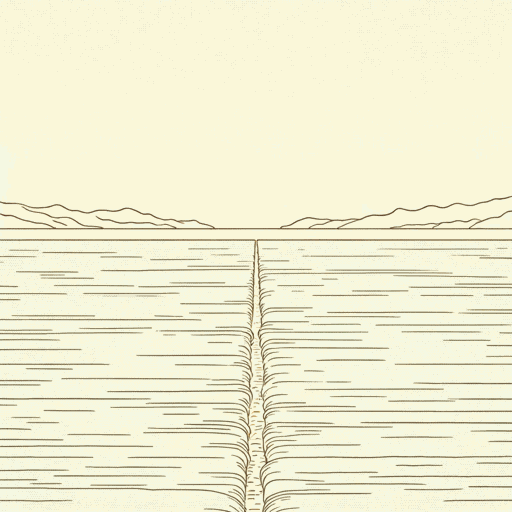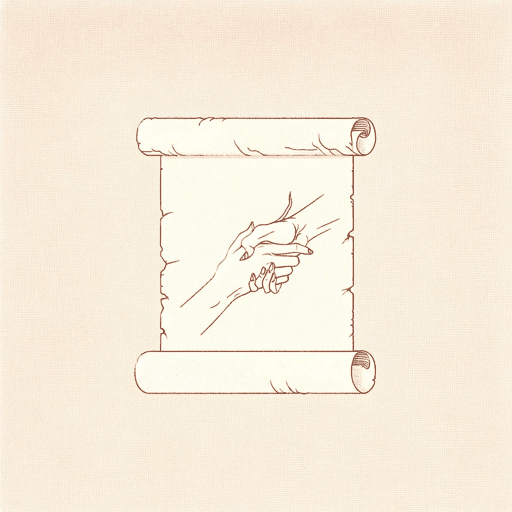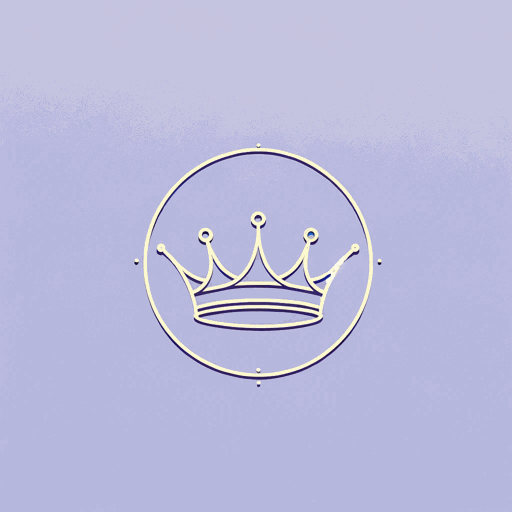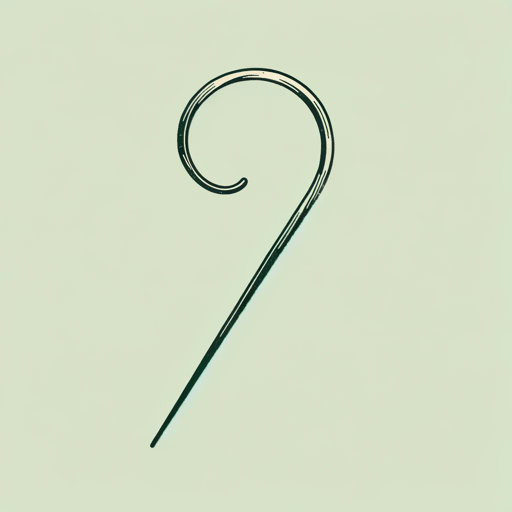30 pages • 1 hour read
Christopher MarloweHero and Leander
Fiction | Poem | Adult | Published in 1598A modern alternative to SparkNotes and CliffsNotes, SuperSummary offers high-quality Study Guides with detailed chapter summaries and analysis of major themes, characters, and more.
Summary and Study Guide
Overview
Hero and Leander is an epyllion (brief epic) by 16th-century English poet and playwright Christopher Marlowe. It can also be described as a mythological-erotic poem, one of a number of such poems that were published in England around this time, including Shakespeare’s Venus and Adonis. The poem is based on the ancient Greek story of two tragic lovers. The exact date of composition is not known but the poem was published in 1598, five years after Marlowe’s death. In the same year, another poet, George Chapman, completed the poem, taking the story up to the death by drowning of the two lovers. Marlowe may have intended to complete the story himself, but he did not live to do so.
In recent decades, Marlowe’s poem has been regarded as a complete poem in its own right. It is enjoyed today as a frequently amusing, poetically rich, and decorative tale of a young couple’s first experience of romantic and sexual love, offset by the asides of a sometimes sour, misogynist narrator, and placed against a mythological background that includes the amorous escapades of the Greek gods.
Poet Biography
Christopher Marlowe was born in 1564, the same year as William Shakespeare. His father was a shoemaker from Canterbury in Kent, in Southeast England. In 1580, Marlowe won a scholarship and went to Corpus Christi College, Cambridge. He was awarded a Master of Arts degree in 1587. Before he left Cambridge, Marlowe had already become a successful playwright with his Tamburlaine. This and other plays made an impact on audiences not only for their energetic and exciting content, but also because Marlowe developed a blank verse that was appropriate for spoken drama.
Marlowe’s life was short and turbulent, filled with intrigue and danger. While at Cambridge, it is likely that he acted as a spy for the government’s intelligence service. He also developed a reputation for being an atheist, which at the time was against the law. In 1589, he was involved in a brawl with a man named Bradley. Another poet, Thomas Watson, intervened and killed Bradley. Both Watson and Marlowe were jailed, but Watson pleaded self-defense, and he and Marlowe were both released. In May 1593, another poet, Thomas Kyd, a former roommate of Marlowe’s, was arrested and possibly tortured in connection with the distribution of heretical tracts. He accused Marlowe to the Privy Council of atheism and treason. While awaiting the decision on his case, on May 30, 1593, Marlowe was stabbed to death at an inn in Deptford, Kent, during an argument over a bill.
Despite his early death, Marlowe completed six major plays: Tamburlaine, Parts 1 and 2; The Massacre at Paris, The Jew of Malta, Dr. Faustus, and Edward II. His achievement was comparable to that of Shakespeare, possibly even superior to him, up to the same time. Marlowe’s Hero and Leander was published after his death, in 1598. He based the poem on a much shorter work by Musaeus, a fifth-century Greek poet, but he used his source freely and invented a long digression that is not found in the Greek text. Marlowe’s version is also more in the style of Ovid, the ancient Roman poet, who wrote about the Hero and Leander legend in his Heroides.
Poem Text
Marlowe, Christopher. Hero and Leander. 1598. Project Gutenberg.
Summary
Hero is a priestess of Venus in the city of Sestos, which stands on a peninsula on the European coast of a narrow strip of water known as the Hellespont (known today as the Dardanelles). Opposite Sestos, on the other side of the Hellespont, lies the city of Abydos, where the young man Leander lives. Hero and Leander meet at the annual festival of Venus and Adonis and fall in love. Leander tries to persuade her that she should enjoy the pleasures of love rather than remain a chaste devotee of Venus. Hero tries to resist but she invites Leander to the tower where she lives. They kiss and embrace but do not yet consummate their love. Leander returns to Abydos but longs to see Hero again. With the aid of the sea god Neptune, Leander swims the Hellespont and presents himself naked at Hero’s door. Hero resists him at first but all the time she really wants him, and eventually they make love until morning comes.
Related Titles
By Christopher Marlowe






